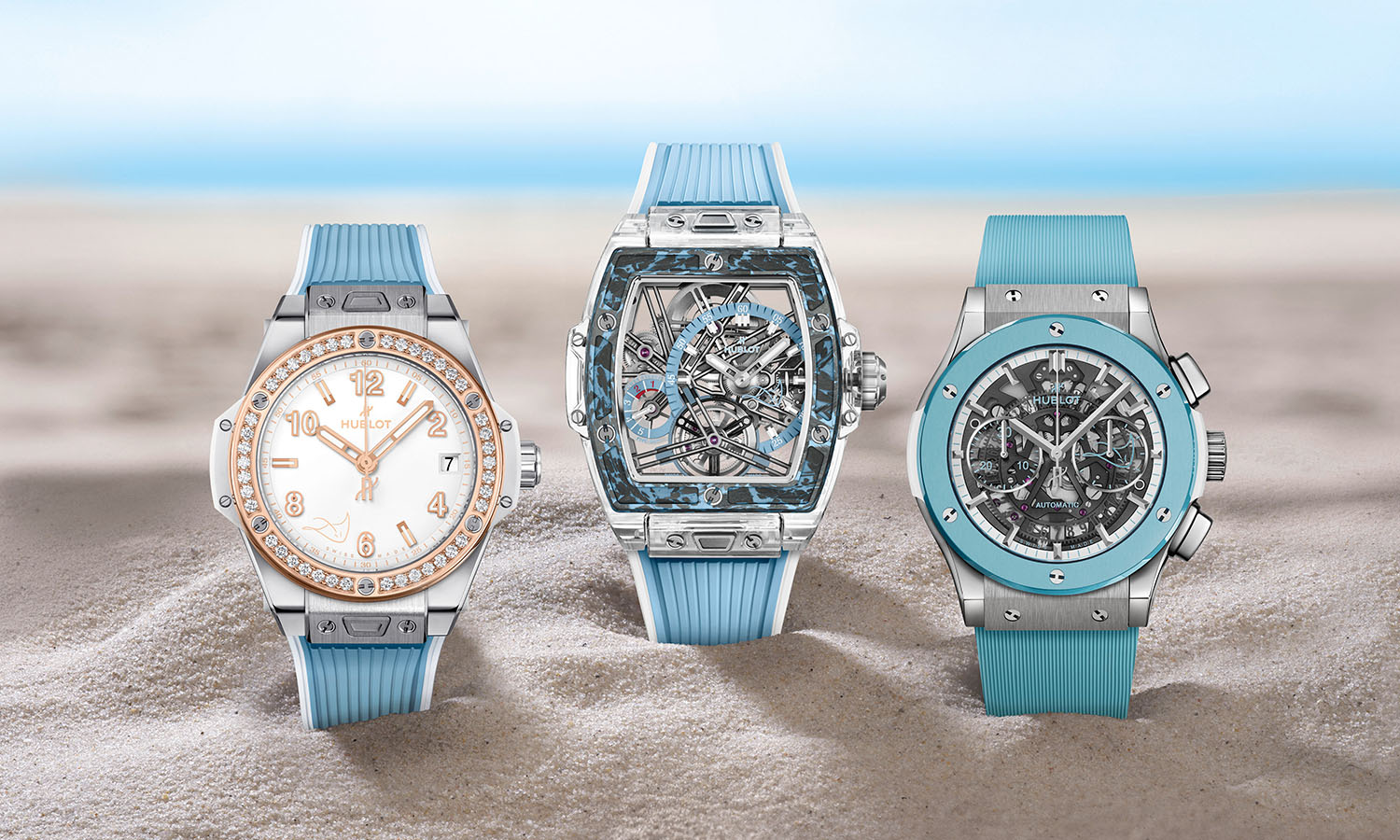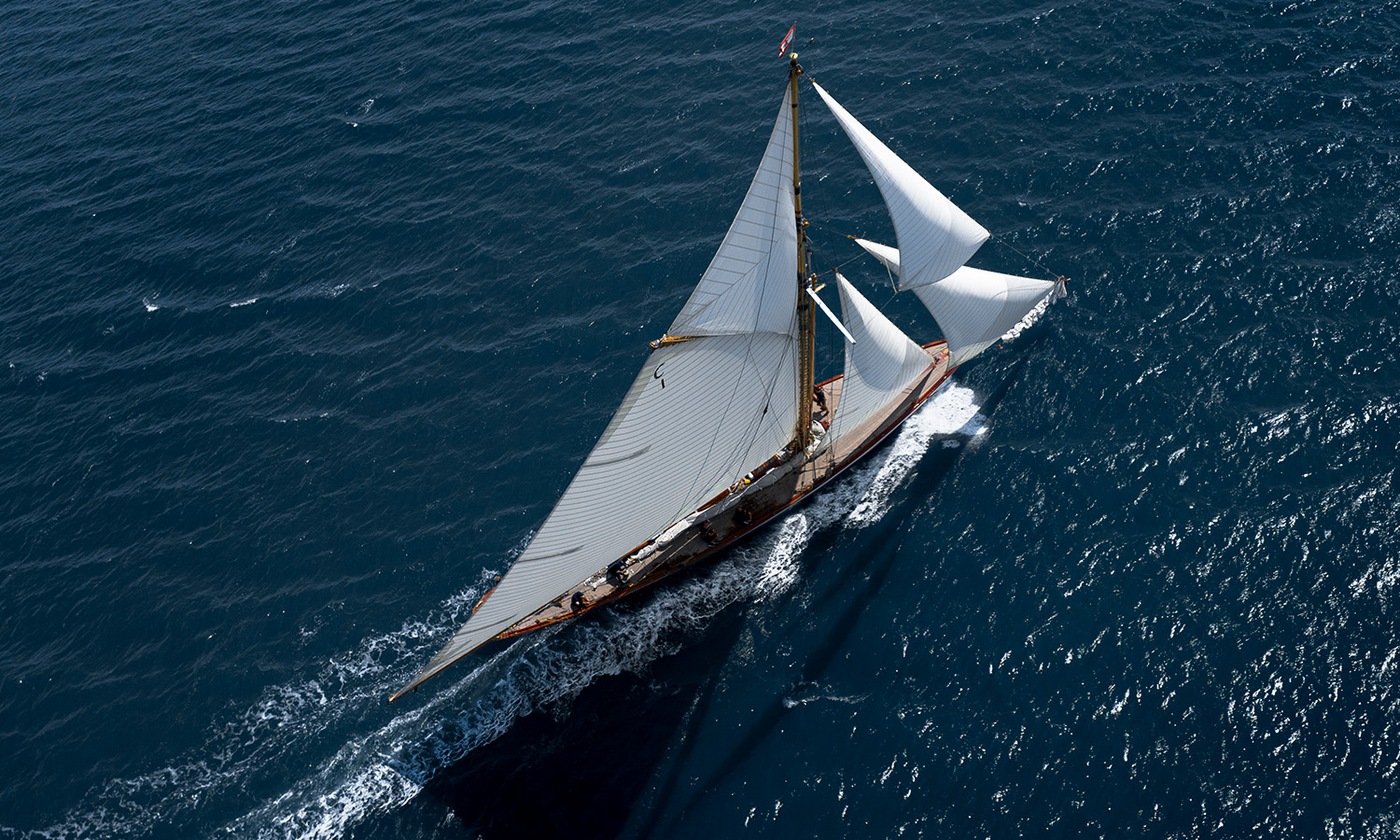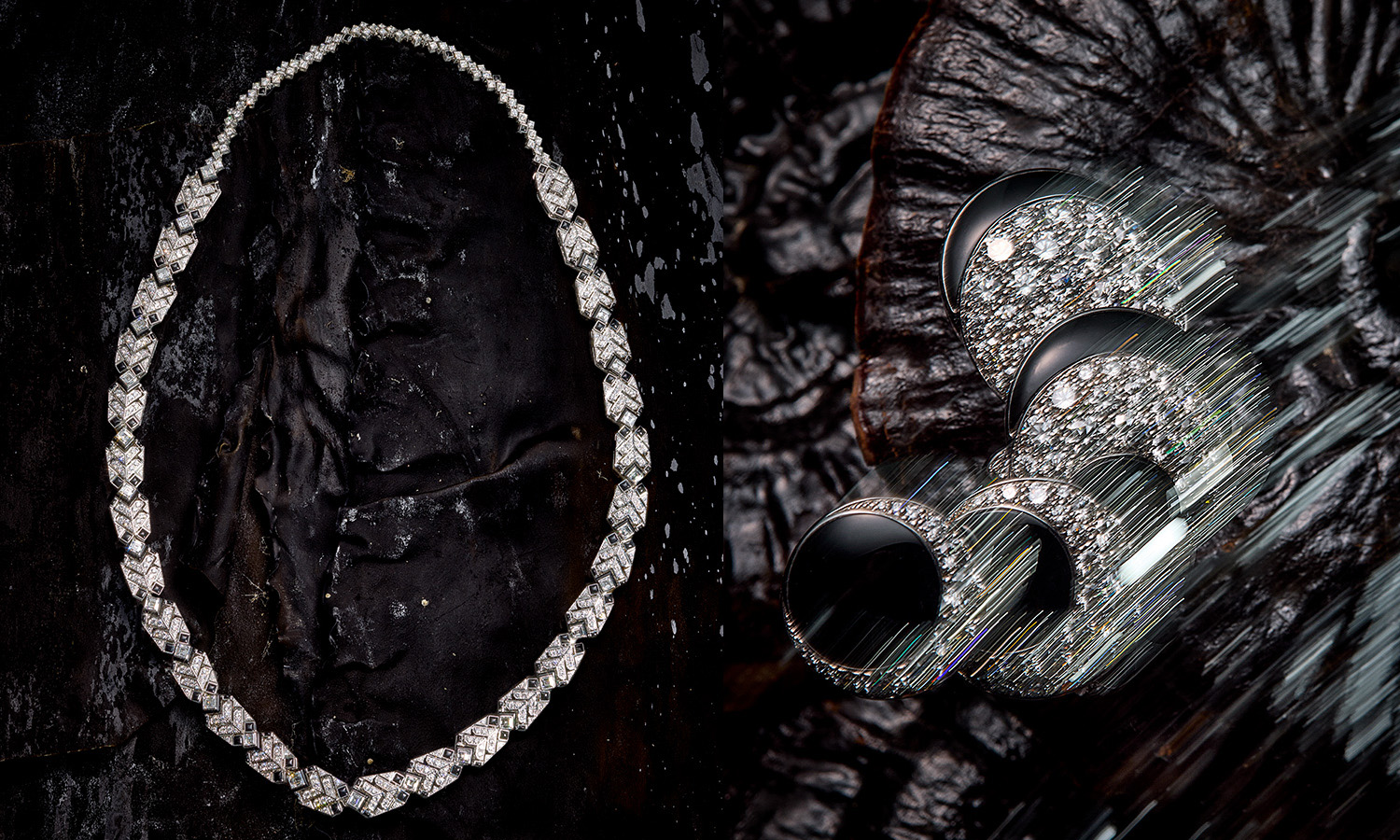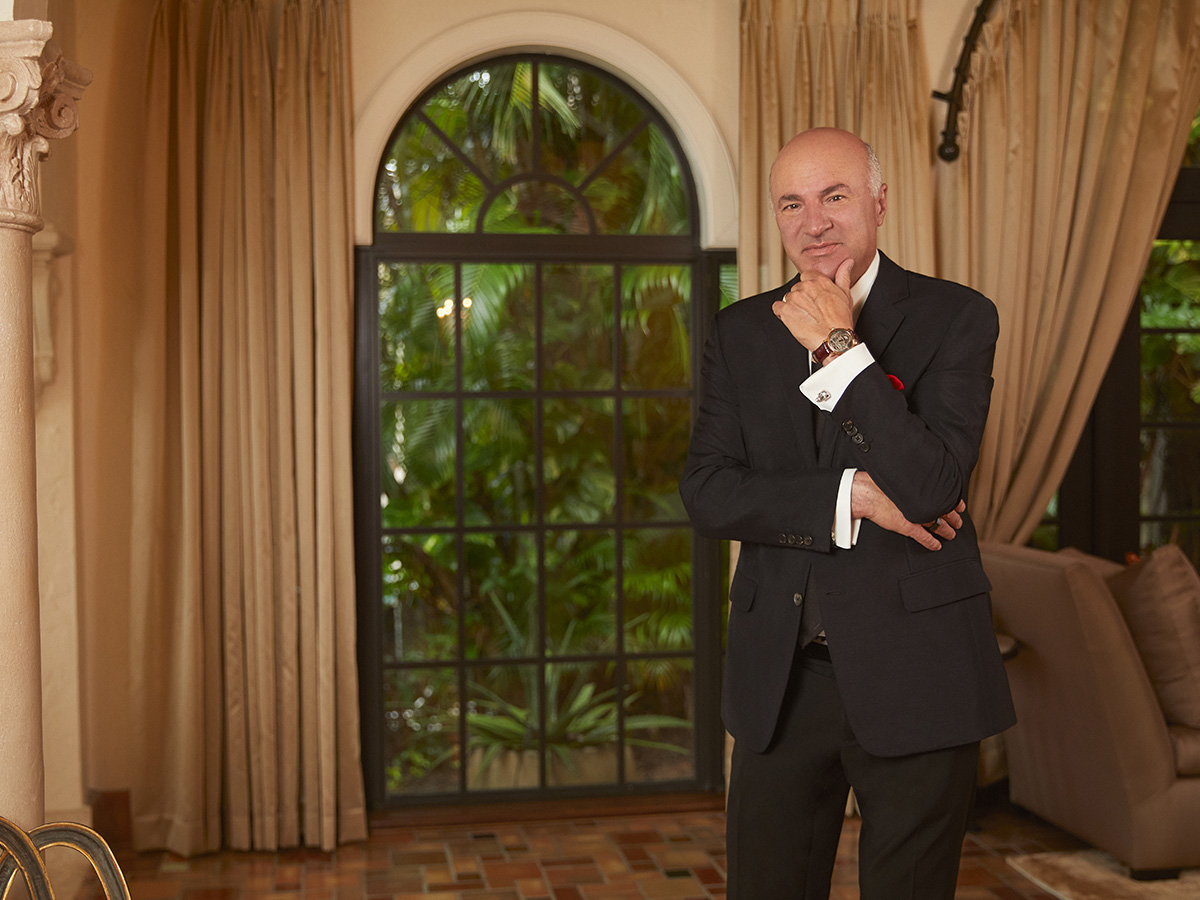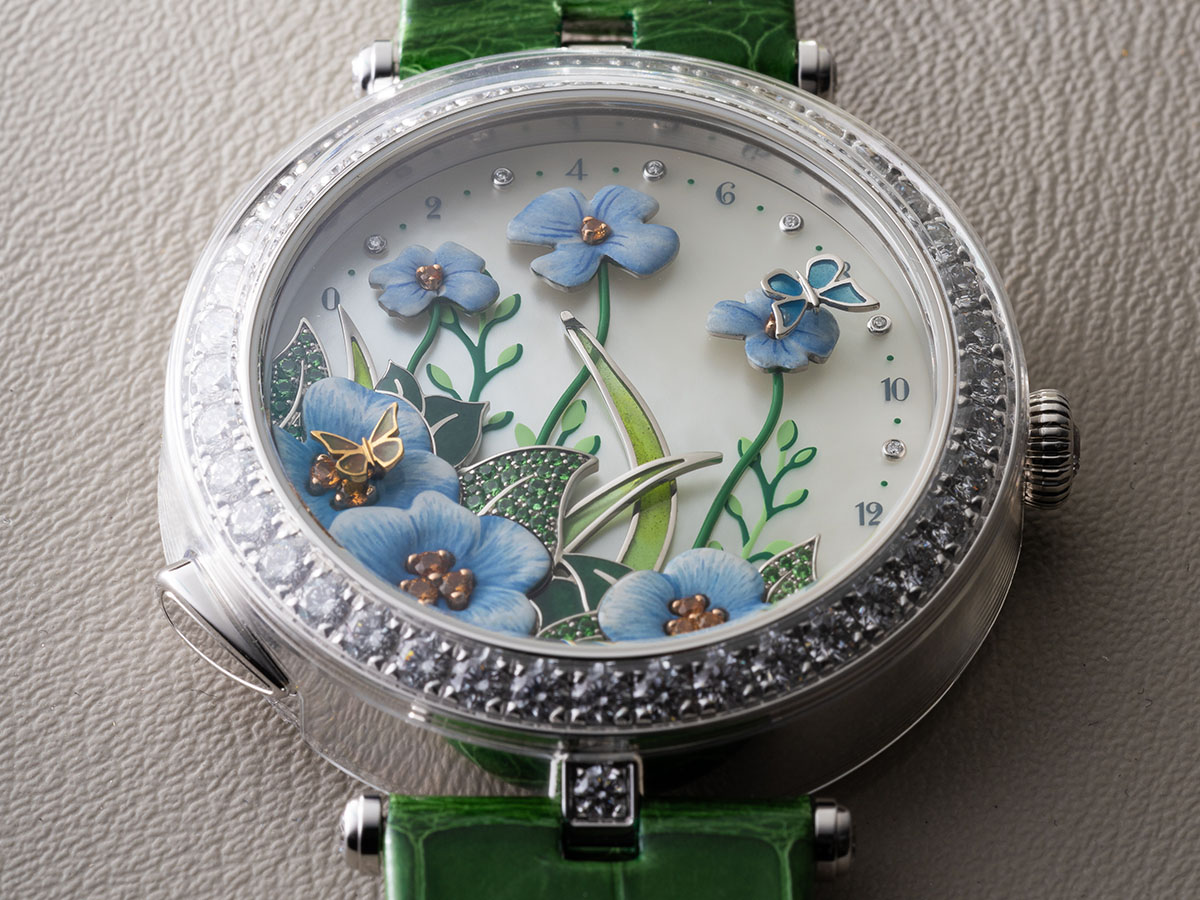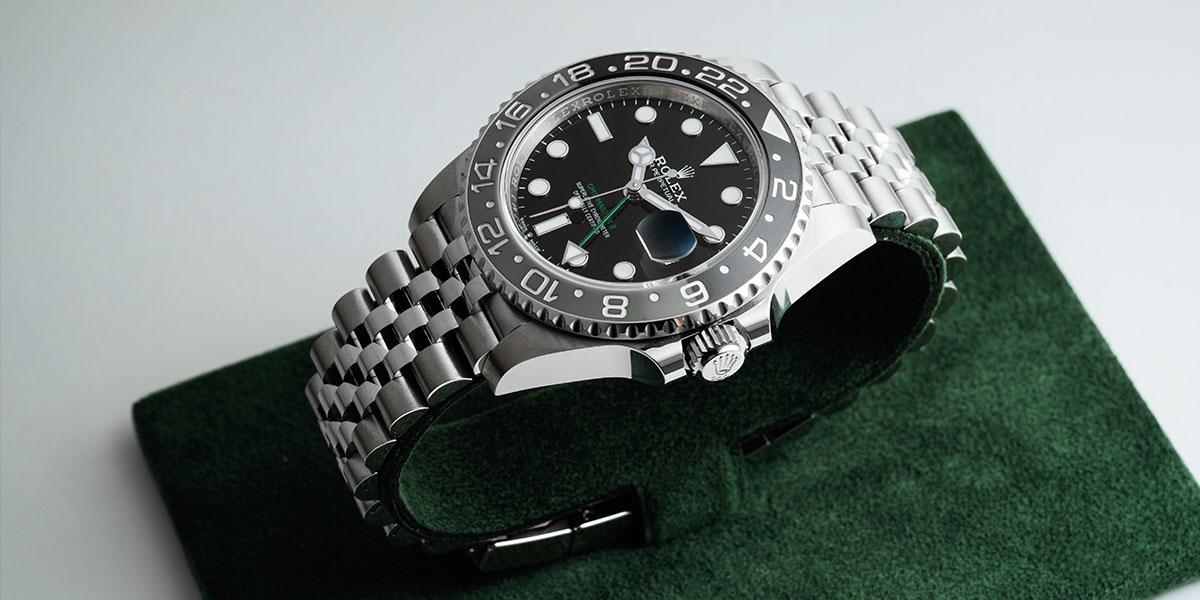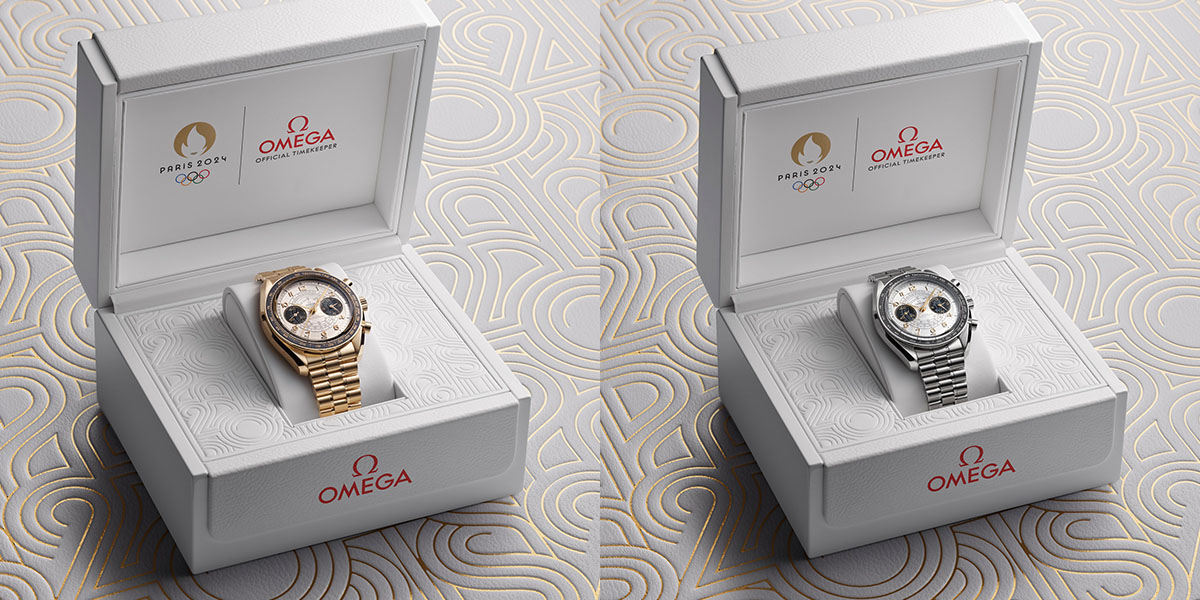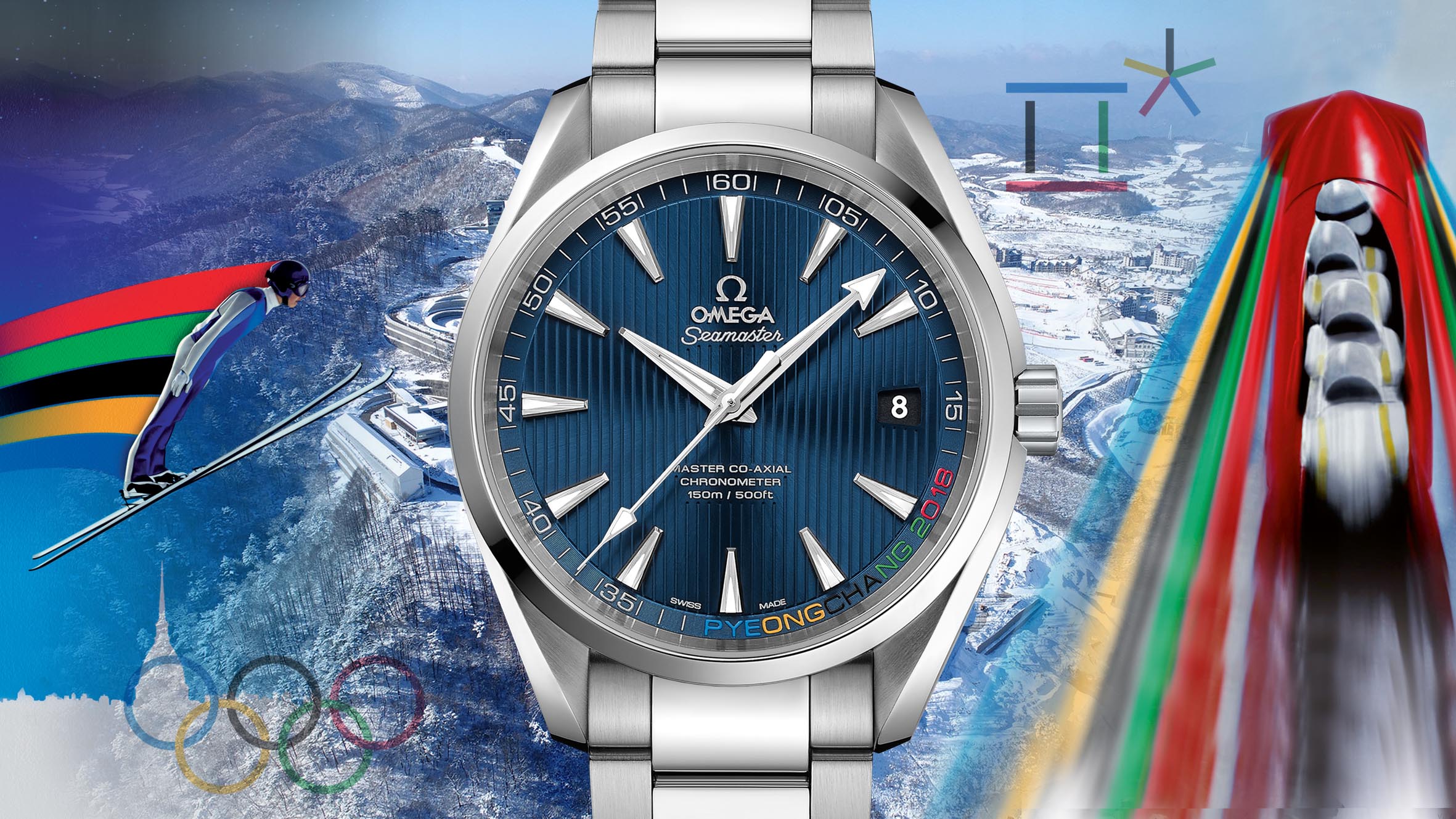
Omega And Their High-Precision Olympic Legacy


A lot has changed in the 27 times that Omega has timed the Olympics up to today. When they started in 1932, a single watchmaker flew to Los Angeles within his suitcase 30 split-second chronographs. From these humble beginnings came greatness, because as the Olympics grew as an event, so did Omega in their innovative efforts to deliver the most accurate timekeeping for all individual events.
Up until 1948 was timekeeping a human’s job. Stopwatches had to be started and stopped by hand, with as biggest influence on their accuracy, not the movement, but the person who was pushing the buttons. With the introduction of the photoelectric cell in the Winter Games in St.Moritz and the Summer Games in London Omega started to level the playing field, at least when it came to timekeeping.

With the increase of technology, timekeeping also became more accurate as it also grew independent of a mechanical timekeeper with its accuracy limited by its beat rate. In the 1950’s times were measured and recorded to the nearest hundredth of a second. This transition in technology came just in time, as the television entered more and more homes, with the Olympic’s as one of the favorite sports events to watch. The challenge with this is that it is in fact in real time, so ideally the results should also be available in real time as well. That is why in 1964 Omega introduced the “Omegascope” which allowed to show the timing results at the bottom of the TV-screen. The games that year in Innsbruck where also the very first Olympics in which all timekeeping was done electronically.
Different sports have different timing requirements. This is best illustrated with an Omega invention from 1968: the swimmer’s touch pad. With a tap on a touchpad attached to the side of the pool, it is the swimmer itself that stops the clock and records their personal time.

When the individual performances of athletes were sometimes excitingly close together, so were their times. In Munich’s 1972 Olympic’s the difference between the gold and silver medal was only 2/1.000th of a second with Swedish swimmer Gunnar Larsson, and American Tim McKee finishing their 400 meters in 4:31.98. It was eventually Larsson who claimed gold with a time of 4:31.981, 2/1.000th of a second faster than McKee’s 4:31.983.

The timing only got more precise in later years as in 2012 Omega introduced the “Quantum Timer.” What sound’s like an invention by Q from the latest James Bond movie, is in fact developed by Omega’s team specialized in sports timing and capable of recording times up to 1.000.000th of a second.
Of course, Omega’s involvement in the Olympics is not only limited to the athlete’s and their performance. To commemorate each edition of the Games, they also release special limited editions. For the upcoming Olympics in 2018 in PyeongChang, this will be a Seamaster Aqua Terra and a Seamaster Planet Ocean. Both feature the colors of this edition of the Olympics, along with the logo and relating inscriptions, with the Planet Ocean featuring a blue dial and a metal bracelet.
The Planet Ocean is more sportive, featuring a polished blue ceramic ring with rubber and Omega’s proprietary Liquidmetal to display the diving scale. The Planet Ocean is also fitted with Omega’s Co-Axial Master Chronometer calibre 8900 to ensure extra precision. A fitting tribute to their legacy in Olympic timekeeping!
 SIGN UP
SIGN UP





